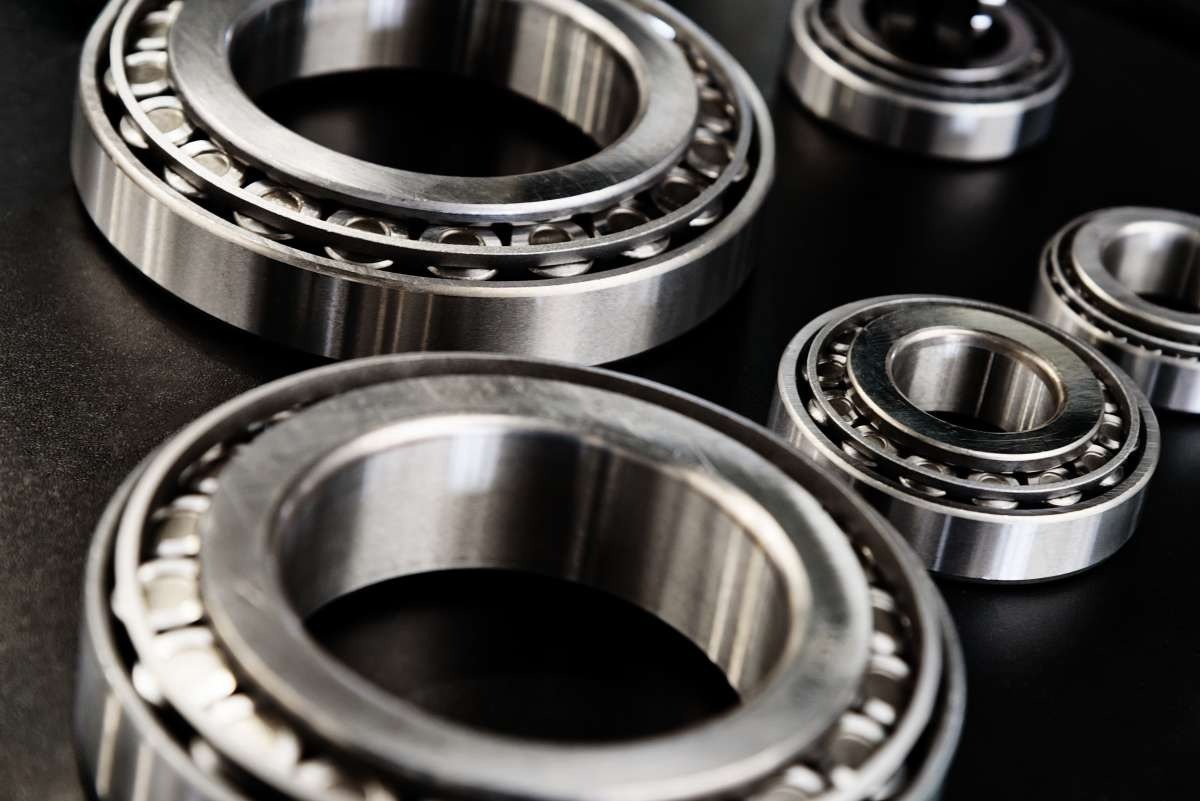Quality assurance/quality control (QA/QC) is pivotal in bearing manufacturing, preserving industry standards, and contributing to overall efficiency. Apart from safeguarding product quality, QA/QC processes also aid manufacturers in complying with regulations, including eco-friendly standards that benefit the environment.
This alignment fosters enhancements in environmental impact over the lifespan of bearings, recognizing the significance of sustainable manufacturing.

Image Credit: Hitachi High-Tech Analytical Science
QA/QC in bearing production actively contributes to various crucial aspects of sustainability, covering energy efficiency, prolonged product durability, waste reduction, and adherence to environmental standards. This contribution becomes evident through the following means:
- Design Optimization: During research and development (R&D), materials undergo sustainability testing. In many cases, new designs, supported by rigorous QA/QC protocols, aim to diminish friction, thereby boosting energy efficiency and endorsing machinery sustainability. Reduced friction goals can also lead to design enhancements, like lighter bearings that reduce energy consumption.
- Longevity: Reliable QA/QC lessens the likelihood of flaws that may lead to premature bearing failure. An extended lifespan results in fewer replacements, translating to reduced resource consumption over time.
- Waste Reduction: By identifying and rectifying manufacturing defects, such as incorrect material usage, QA/QC aids in waste reduction. With precise QA/QC, manufacturers can minimize rejections and reworks, utilizing resources more efficiently.
- Sustainable Materials: Incorporating materials analysis in the QA/QC process allows manufacturers to accurately confirm the use of environmentally friendly materials in their bearings, further supporting sustainability efforts.
- Circular Economy: As part of sustainable practices, the refurbishment or recycling of bearings as an alternative to disposal deserves thoughtful consideration. This approach aligns with the principles of a circular economy, promoting resource conservation and waste reduction.
- Supply Chain: Many manufacturers require suppliers to adhere to sustainability standards, including the implementation of QA/QC best practices.
Materials analysis in QA/QC plays a substantial role in enhancing the bearing manufacturing process. The precision of materials analysis is invaluable for pinpointing even the smallest deviations from specified standards.
It offers exact data on material composition, ensuring consistency in bearing production and the consistent meeting of high-quality standards across various batches.
In industries heavily dependent on bearings, such as aviation and automotive sectors, where even minor differences can have noteworthy consequences, materials analysis becomes crucial.
This process goes beyond basic composition analysis; it excels at sensing trace elements that can significantly affect bearing performance. Rapid and precise analysis empowers manufacturers to proactively adjust production processes, thereby improving bearing quality.
Recognizing the significance of materials analysis underscores its value in bearing production. With precise, rapid, and non-destructive analysis, manufacturers can maintain higher standards of quality and consistency for their products.
The incorporation of advanced tools, such as XRF analyzers, into materials analysis further enhances the effectiveness of the QA/QC process, ensuring the production of dependable bearings that meet industry requirements.

This information has been sourced, reviewed and adapted from materials provided by Hitachi High-Tech Analytical Science.
For more information on this source, please visit Hitachi High-Tech Analytical Science.